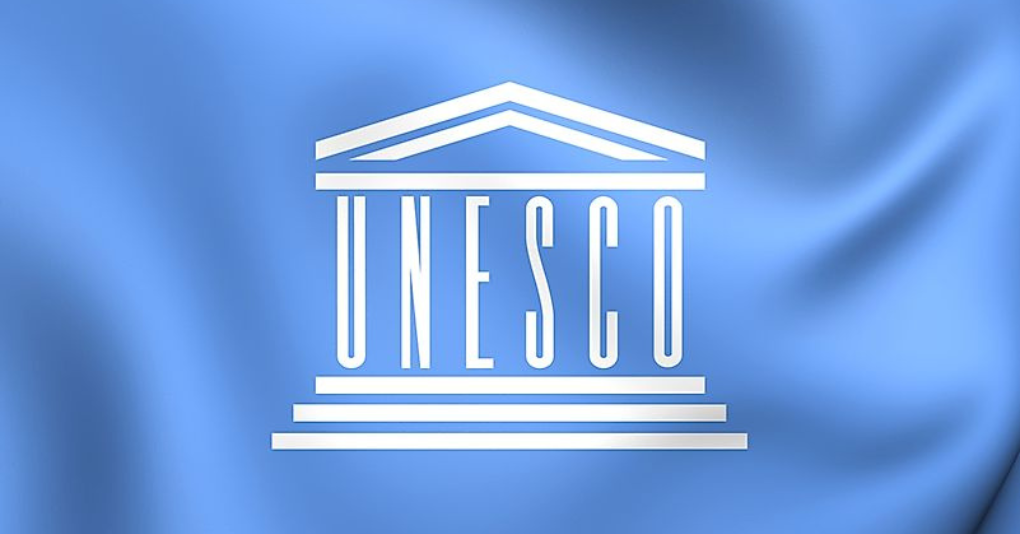The National Business and Technical Examinations Board (NABTEB) has commenced the review and validation of 26 trade syllabi for technical colleges across Nigeria.
The five-day exercise, which began on Monday, September 8, in Abuja, is aimed at repositioning technical education to align with global best practices.
Speaking at the event, NABTEB Registrar, Dr. Mohammed Mohammed, described the review as a transformative initiative designed to reshape the country’s technical education system and better prepare graduates for the modern economy.
Skills for the future economy
According to Mohammed, the revised syllabi will ensure that students acquire practical skills relevant to both traditional and emerging industries.
He explained that the 26 trade areas cover diverse fields such as robotics, coding and machine learning, automotive mechatronics, smart agriculture, electrical and solar PV installations, and cinematography.
“This comprehensive selection reflects our understanding that Nigeria’s economic future depends on a skilled workforce capable of operating across traditional and emerging sectors. The inclusion of environmentally conscious programmes such as Solar PV installations and Smart Agriculture demonstrates our commitment to sustainable development,” he said.
The NABTEB boss commended the collaboration with the National Board for Technical Education (NBTE), describing it as a model for inter-agency partnership to advance technical and vocational training.
He also acknowledged the input of industry stakeholders in aligning the curricula with labour market needs and urged them to continue supporting internship opportunities, mentorship, and workplace learning.
Mohammed assured that NABTEB would provide training for educators, develop new assessment tools, and enforce strict quality assurance in the implementation of the revised curricula.
The Executive Secretary of NBTE, Prof. Idris Bugaje, represented by Hajia Hajara Abdulkadri, stressed that effective implementation of the revised syllabi across technical colleges was critical to building a stronger foundation for vocational education.
Bugaje noted that the review was an important step toward empowering Nigerian youths with the skills required to thrive in a rapidly changing economy.
Dr. Muyibat Olodu, Director of Technology and Science Education at the Federal Ministry of Education, represented by Mr. Kola Osundeyi, said the review would enhance the quality and relevance of technical education in line with industry expectations and global standards. She urged stakeholders to ensure that practical skills, emerging technologies, and innovative teaching methods are fully integrated into the programmes.
Backstory
In May 2024, the Federal Government, through NABTEB, began reviewing technical college syllabi for the first time in 14 years as part of efforts to align vocational training with global best practices.
To this end, NABTEB added 14 new subjects to its examination syllabus covering both traditional and modern skills such as Motor Vehicle, Electrical Installation, Welding and Fabrication, Mechanical Engineering Craft, Electronic System and Maintenance, Refrigeration and Air Conditioning, Computer and GSM Repairs, Carpentry and Joinery, Bricklaying/Blocklaying and Concreting, Plumbing and Pipe Fitting, Cosmetology, Catering Craft, Fashion Design, and Renewable Energy.
This review process expanded further to 26 trade areas, bringing in future-focused disciplines like robotics, coding and machine learning, automotive mechatronics, smart agriculture, and cinematography.
What you should know
The number of applicants for Nigeria’s Technical and Vocational Education and Training (TVET) entrance examinations has surged by nearly 300%, increasing from 7,547 in 2024 to 30,000 in 2025.
The TVET programme runs for three years with a strong focus on practical training, and successful students will graduate with dual certification: The National Technical or Business Certificate (NTC/NBC) and the competency-based National Skills Qualification (NSQ).
Dr Aminu Mohammed, NABTEB Registrar and Chief Executive, attributed the massive increase to federal government-backed incentives targeting technical education.
He noted that the 9,389 candidates who passed represent just 39% of the total number of candidates. He noted that only 316 candidates, representing 1.31%, scored 70% and above.
Additionally, the results indicated that eight candidates representing 0.03 per cent achieved the highest rank.
Share this post





Be the first to comment on this post